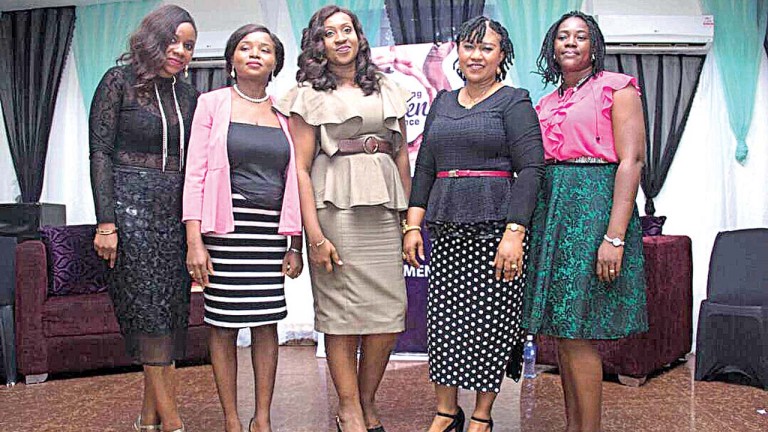Power in Igboland had very large disparity between ruling in other parts of Nigeria. Igbos did not have a unified political institution as in the North and South hence it was harder to enforce the indirect system of ruling, instituted by Lord Lugard in 1914, in Igboland.
The Aba Women’s Riot featured women rebelling against economic and socio-political oppressions in Bende, Umuahia, and other regions of Igboland. Over 10,000 women came out to protest from majorly six ethnic groups: Ibibio, Andoni, Orgoni, Bonny, Opobo, and Igbo.
Brief history
The indirect rule system in Igboland involved the appointment of ‘warrant chiefs.’ These warrant chiefs, who weren’t necessarily people that were respected by the communities, became the enforced symbol of power. And as result of the vested power, the warrant chiefs became increasingly oppressive within few years.
Direct taxation on men was introduced in 1928 without major incidents, thanks to the careful propaganda during the preceding twelve months. In September 1929, Captain J. Cook, an assistant District Officer, was sent to take over the Bende division temporarily from the serving district officer. Upon taking over, Cook found the slated nominal rolls for tax inadequate because they did not include details of the number of wives, children, and livestock in each household. He decided to revise the nominal roll to include these.
The war and its implications
The riot bubbled from a town called Oloko, where the warrant chief, Okugo, sent his representative Mark Emereuwaon the morning of 18 November 1929, to conduct the census for the tax. Emereuwa entered the compound of a widow named Nwanyereuwa, while she was processing palm fruit, and instructed her to “count her lives stocks and people living with her.”
Knowing fully well that this means you will be taxed based on the number of the outcome, Nwanyereuwa became embittered; and in replying, she said, “was your widowed mother counted?”
This simply means that women were not supposed to pay tax in Igbo society. Anger was however expressed with exchange of words and ended with Nwanyereuwa pouring her palm oil on Emereuwa. Threats were also exchanged.
The widow proceeded to the town square to find other women who were already deliberating on the tax issue and explained to them her sad experience. Nwanyeruwa’s account prompted the women to invite other women with the aid of palm leaves from other areas of the Bende district.
Approximately ten thousand women were gathered, and a protest insisting on the removal and trial of the warrant chief was staged. It would go down in history that the effect of the Aba women’s riot prompted the British administration to drop their plans to impose a tax on the market women and to curb the power of the warrant chiefs.
In addition, the positions of women in society were greatly improved as women were appointed to serve as chief warrant in some areas.
The fallen revolutionists
The Aba Women’s Riot resulted in the death of 51 women and 1 man. These are their names:
Reference: Susan Geiger; Women in African colonial histories | Greg Nwoko





